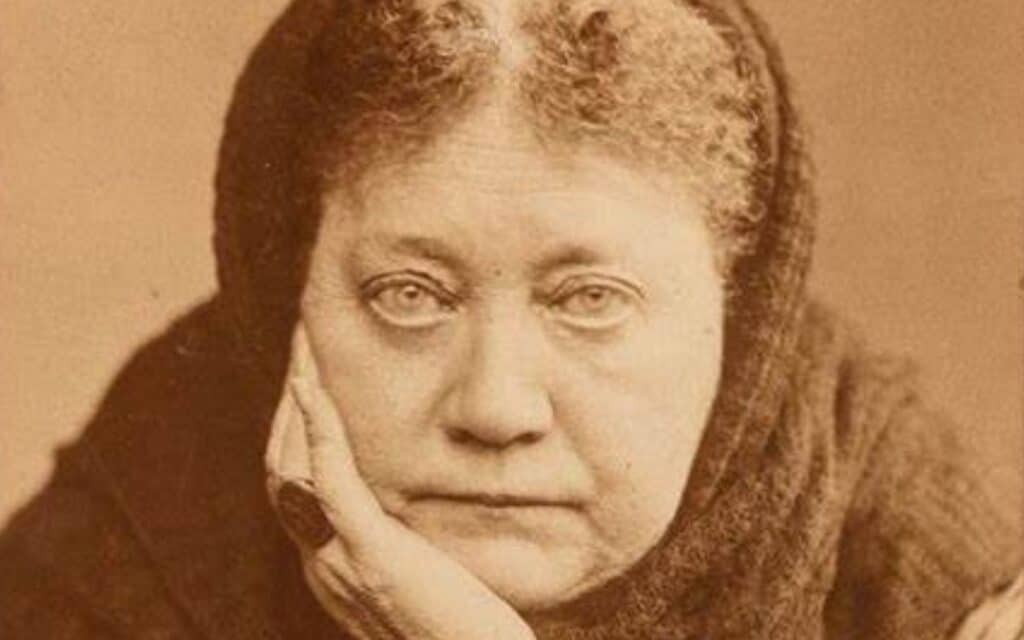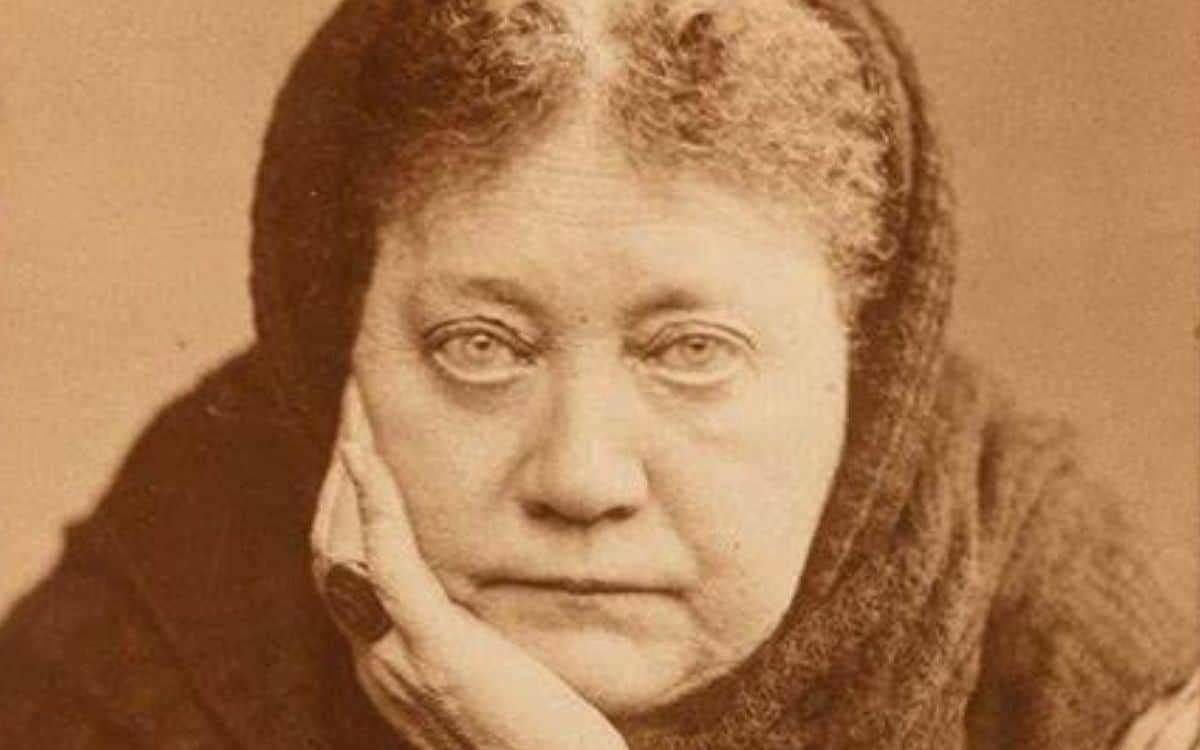Madame Blavatsky’s years in London transformed modern occultism, sparked spiritual debates, and introduced Eastern wisdom to the West

Helena Petrovna Blavatsky was not a satanist, despite the accusations often levelled at her by critics of her time. She was an occultist and spiritual thinker whose writings and ideas laid the foundation for much of what became modern Western esotericism.
Born in 1831 in what is now Ukraine, Madame Blavatsky, as she was known, spent decades travelling through Europe, the Middle East and India. Her encounters with Eastern mysticism and esoteric traditions shaped the radical spiritual synthesis she later brought to the West.
Through her work with the Theosophical Society, she introduced concepts that are now common in spiritual and mystical circles across the world.
The Blavatsky Lodge and 17 Lansdowne Road
In 1887, Blavatsky moved to London and founded the Blavatsky Lodge of the Theosophical Society. The Lodge was based at 17 Lansdowne Road in Holland Park, which became her base of operations during her final years.
Here, she completed The Secret Doctrine, a two-volume work that claimed to reveal the hidden laws of the universe. It drew heavily from ancient texts, particularly a lost Tibetan manuscript she called the Stanzas of Dzyan, and featured teachings said to have been passed down by spiritual “Masters”.
The Lodge hosted weekly discussions on reincarnation, karma, and the hidden unity of all religions. Attendees included curious intellectuals and committed followers, among them a young Mohandas Gandhi, who visited in 1889 and was introduced to the Bhagavad Gita through Theosophist contacts.
What did Madame Blavatsky believe?
Blavatsky taught that all major religions emerged from a single ancient truth. She believed in reincarnation, karma, spiritual evolution, and the existence of hidden beings guiding humanity.
She rejected materialism and criticised religious dogma, positioning Theosophy as a “science of the soul”.
Her work was controversial. She was accused of faking paranormal events and fabricating her mystical sources. A damaging report by the Society for Psychical Research in 1885 branded her a fraud, though some of its conclusions have since been challenged.
Another area of controversy lies in her theory of “root races”, a spiritual account of human evolution that has been criticised for its racial undertones. While it did not align with the scientific racism of her time, these theories remain a point of debate and concern in discussions of her legacy.
Influence on Modern Occultism
Blavatsky’s influence did not stop with Theosophy. She helped shape the thinking of some of the most significant figures in modern occultism.
Aleister Crowley, though known for his own path in Thelema, read Blavatsky’s work closely. Her ideas around spiritual evolution, hidden knowledge, and esoteric symbols can be traced in his writings.
Gerald Gardner, the founder of modern Wicca, was also influenced by Theosophy. Theosophical beliefs about ancient wisdom, reincarnation, and ritual helped inform the spiritual structure Gardner introduced to Wiccan practice.
The blending of Eastern philosophy with Western occult ideas – so central to Blavatsky’s teachings – became foundational in many branches of contemporary paganism and ritual magic.
Blavatsky died in 1891, but her work lived on. The Theosophical Society continued under the leadership of Annie Besant and others.
Her writings shaped the early 20th-century occult revival and introduced many Western readers to Eastern religious concepts for the first time.
Today, 17 Lansdowne Road still stands. It is an ordinary house, now a private residence, but it was once the setting for lectures and writings that reshaped how the Western world thought about mysticism, science, and the nature of reality.
Blavatsky’s time in London marked a turning point in spiritual history. She wrote some of her most influential work, launched a major esoteric journal (Lucifer), and introduced radical spiritual ideas into the mainstream.
Her legacy is complicated – some of her ideas are deeply problematic by today’s standards – but her impact is undeniable.
She opened the door to conversations about consciousness, karma, spiritual progress, and hidden knowledge. Those conversations continue in Wicca, ceremonial magic, New Age spirituality, and even modern mindfulness movements.
What are your thoughts on Madame Blavatsky’s time in London? Have you explored her teachings or visited 17 Lansdowne Road? Tell us in the comments.



